This post is part of a series on the skills children learn in a Positive Discipline classroom, and how parents can support their children in using these skills outside of school. For more background on this series, read Positive Discipline in The Classroom: Bringing The Skills Home.
If you are in the Pacific Northwest, check out Sound Discipline to learn more about bringing Positive Discipline to your school or community.
What Children Learn:
Teachers often introduce a discussion about mistakes by showing the children an empty glass and a pitcher of water. As the teacher is talking and looking at students, she pours the water but misses the glass. This usually produces a big laugh from kids. She then asks, “Did I make a mistake or am I a mistake?” This can also be done by making a poster with a mistake on it, or any other mistake that will be obvious to others.
Discussion involves reflecting on what makes something a mistake, how our beliefs about mistakes impact how we feel about ourselves, and how those feelings impact what we decide to do next.
This discussion on mistakes is closely followed by The R's of Recovery From Mistakes because part of being ok with making mistakes is knowing that you have the tools to fix them.
Why It’s Important:
This activity is about helping kids understand the difference between making a mistake and being a mistake. The key message for students is that mistakes are a normal part of life, and in fact, a wonderful opportunity to learn. When mistakes are seen as helpful and not about failure, children are able to keep their self-esteem intact. This helps them let go of the need to lie or blame others. Children feel more comfortable being challenged academically in a space where mistakes are viewed in a positive manner.
How Parents Can Support Use At Home:
Parents can support their children in viewing mistakes as opportunities by sharing our own mistakes and how we handle them. We can share with them the mistakes we make during the day as well as mistakes we made when we were children. Share what you learned from them, and how that helped you.
It’s important to be mindful of how we handle our own mistakes when kids are around. Do we beat ourselves up? Do we blame others? Or do we acknowledge our frustration, and accept responsibility for our actions?
We also can be mindful of how we view our children’s mistakes. When we react with anger, our children are likely to feel defensive and discouraged. When we respond with compassion, they are likely to learn from the experience and feel encouraged to try again.


